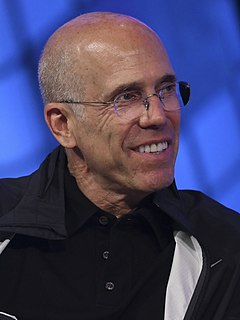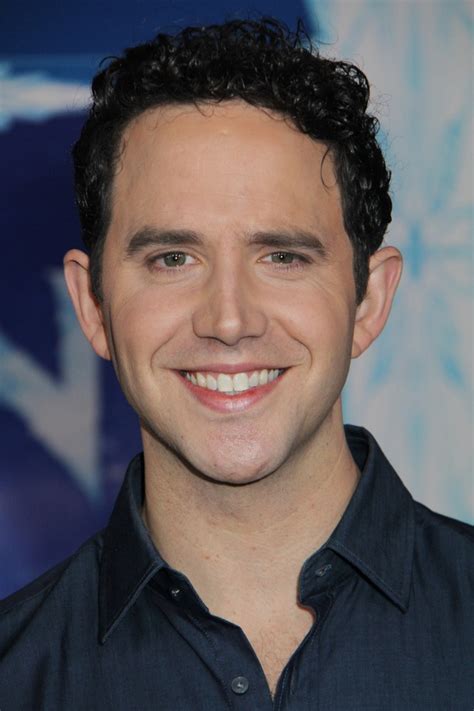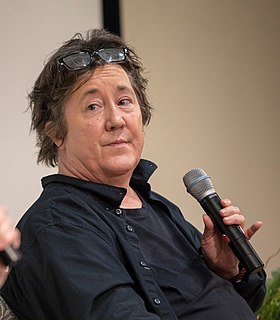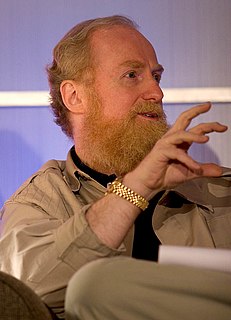A Quote by John Schneider
At the core, I'm a filmmaker and a storyteller.
Quote Topics
Related Quotes
Working with Robert, Robert [Elswit] is a storyteller. He's not a cinematographer, he's a storyteller. And to me, that's the graduation I hope to get to in my profession. That I'm not just an actor, I'm a storyteller. And I think that takes a long time in, when you have one job on a movie set. Makeup artists, actor, whatever. To graduate from just that to storyteller.
So I should be aware of the dangers of self-consciousness, but at the same time, I’ll be plowing through the fog of all these echoes, plowing through mixed metaphors, noise, and will try to show the core, which is still there, as a core, and is valid, despite the fog. The core is the core is the core. There is always the core, that can’t be articulated. Only caricatured.
We've been fighting our whole lives to say we're just human beings like everyone else. When we start separating ourselves in our work, that doesn't help the cause. I've heard it for years: 'How do you feel being a black filmmaker?' I'm not a black filmmaker, I'm a filmmaker. I'm a black man, I have black children. But I'm just a filmmaker.




































